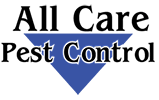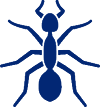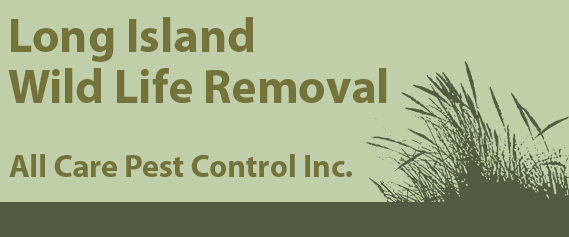Opossums are usually solitary and nomadic, staying in one area as long as food and water are easily available. Some families will group together in ready-made burrows or even under houses. Though they will temporarily occupy abandoned burrows, they do not dig or put much effort into building their own. As nocturnal animals, they favor dark, secure areas. These areas may be below ground or above.
When threatened or harmed, they will “play possum”, mimicking the appearance and smell of a sick or dead animal. When playing possum, the lips are drawn back, teeth are bared, saliva foams around the mouth, and a foul-smelling fluid is secreted from the anal glands The physiological response is involuntary, rather than a conscious act. Their stiff, curled form can be prodded, turned over, and even carried away. The animal will regain consciousness after a period of minutes or hours and escape.
Adult opossums do not hang from trees by their tails, though babies may dangle temporarily. Their semi-prehensile tails are not strong enough to support a mature adult’s weight. Instead, the opossum uses its tail as a brace and a fifth limb when climbing. The tail is occasionally used as a grip to carry bunches of leaves or bedding materials to the nest. A mother will sometimes carry her young upon her back, where they will cling tightly even when she is climbing or running.
Threatened opossums (especially males) will growl deeply, raising their pitch as the threat becomes more urgent. Males make a clicking “smack” noise out of the side of their mouths as they wander in search of a mate, and females will sometimes repeat the sound in return. When separated or distressed, baby opossums will make a sneezing noise to signal their mother. If threatened, the baby will open its mouth and quietly hiss until the threat is gone.
Hissing or squawking is a defensive process that helps the opossum keep unwanted guests from bothering them.
“Opossums have also been known to hiss when being confronted with an obstacle or playing. Opossums that may have been hurt in the wild and are being cared for by a care center, may become – what they call ‘Non Releasable”.









